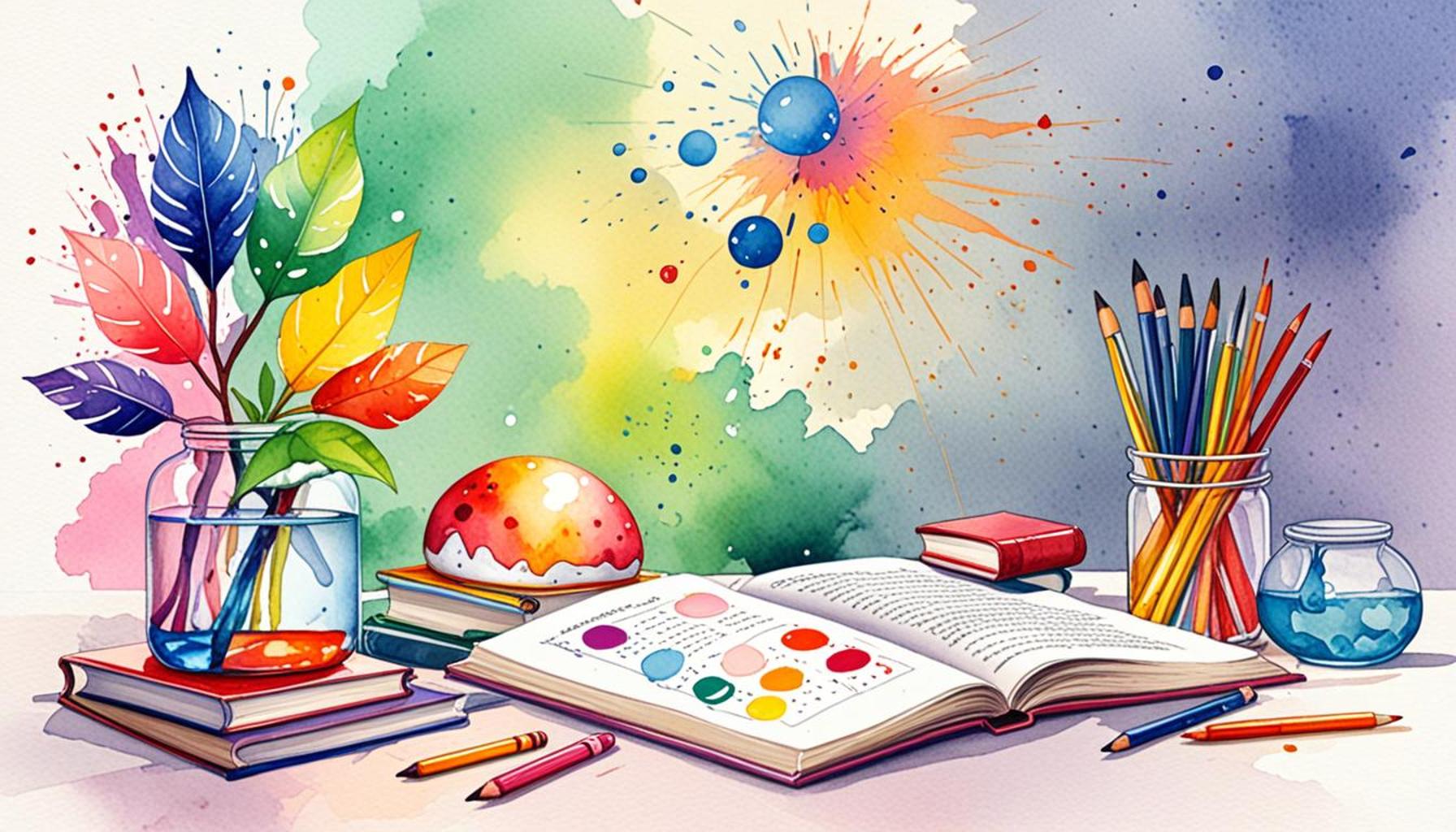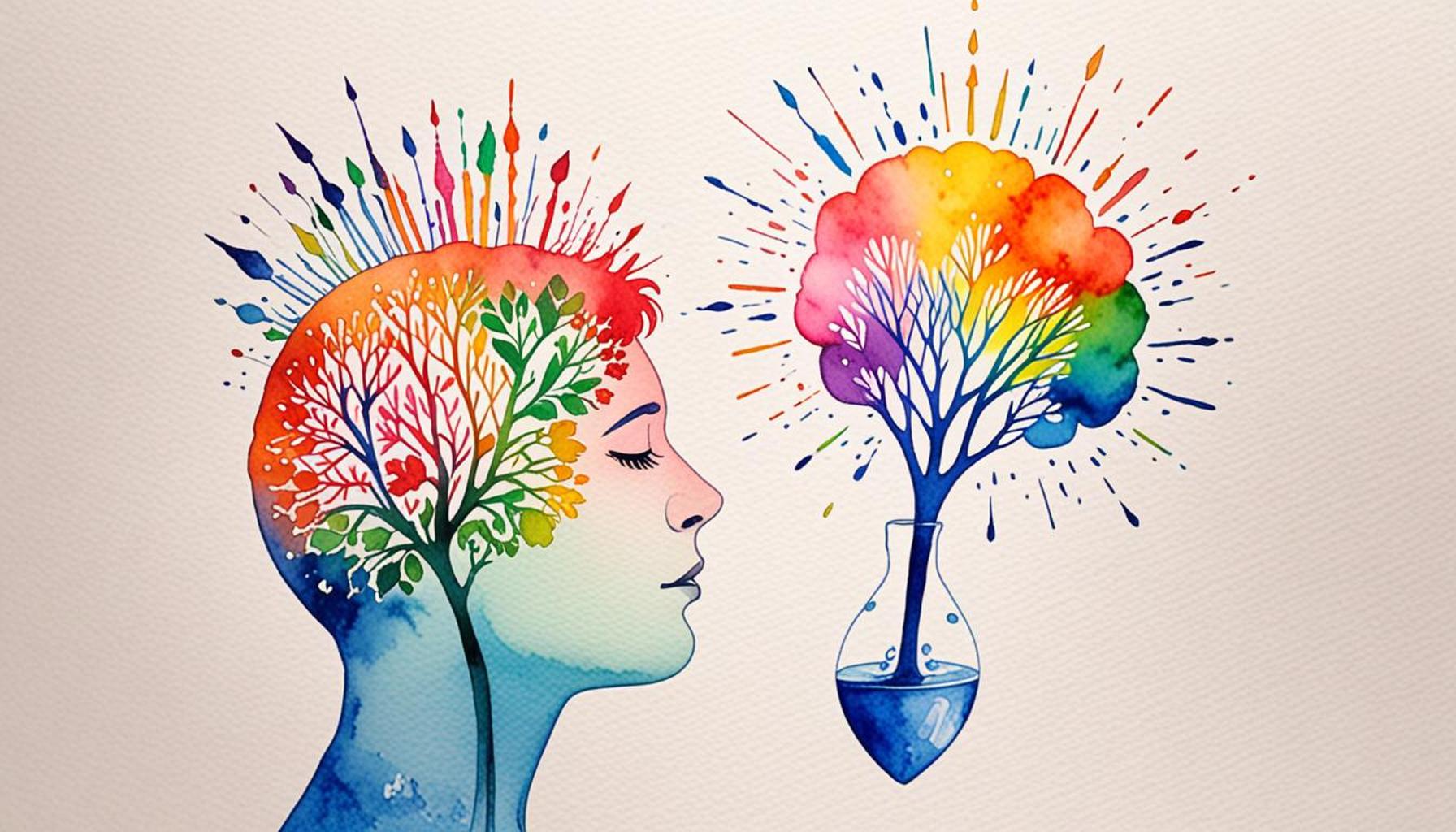How Reflective Practice Can Drive Continuous Learning in Educational Environments

The Role of Reflective Practice in Modern Education
In the dynamic world of education, educators face the constant challenge of meeting the diverse needs of their students. One effective approach that stands out in this landscape is reflective practice, a method that enables teachers to step back, analyze their teaching experiences, and ultimately improve their methods. This ongoing process not only supports continuous learning for educators but also fosters a positive environment for student growth and engagement.
Understanding Reflective Practice
Reflective practice is anchored in several critical components that contribute significantly to both personal and professional development:
- Self-Assessment: This component encourages teachers to identify their own strengths and weaknesses. By critically analyzing their instruction, educators can pinpoint effective strategies and areas that require enhancement.
- Feedback Routes: Inviting feedback from peers and students creates an open dialogue about teaching effectiveness. For instance, a teacher may initiate surveys or informal discussions to gather insights regarding their teaching style and classroom management, identifying actionable steps for improvement.
- Teaching Journals: Keeping a journal allows educators to document their experiences, reflecting on what worked well and what did not. This habit not only tracks progress over time but also facilitates deeper insights into pedagogical practices.
The Context of Nigerian Education
In Nigeria, where educational reforms are continually reshaping the teaching landscape, adopting reflective practices can have profound implications. The recent push towards modern methodologies and inclusive curricula resonates well with this proactive approach. By engaging in reflective practice, Nigerian educators can expect several benefits:
- Enhanced Student Engagement: Understanding which teaching methods effectively engage local students can lead to more interactive and participatory classrooms. For example, incorporating local stories or case studies relevant to Nigerian culture can make lessons more relatable and engaging.
- Improved Strategies: Reflective practices empower teachers to tailor their lessons to cater to the diverse needs of students. By analyzing which students struggle with specific concepts, educators can adapt their teaching strategies to ensure that all students achieve their potential.
- Cultural Relevance: Educators can draw on local contexts and cultural nuances to enrich their teaching approaches. For instance, discussing Nigerian history during social studies classes can foster a deeper understanding of the subject matter and resonate more with students’ lived experiences.
Transformative Potential of Reflective Practice
By embracing reflective practice, educational environments can undergo a significant transformation, cultivating a culture of learning and adaptation. This shift not only paves the way for improved teaching methodologies but also enhances the overall educational outcomes for students.
In conclusion, reflective practice presents a powerful avenue for educators in Nigeria to refine their teaching skills continually. As teachers engage in this iterative process, they not only contribute to their professional growth but also lay the groundwork for a system of lifelong learning that benefits both themselves and their students. The journey toward educational excellence begins with reflection, and as educators navigate this path, the promise of a brighter future for Nigerian education becomes ever more achievable.

SEE ALSO: Click here to read another article
Implementing Reflective Practice in the Classroom
For educators, the implementation of reflective practice goes beyond an academic concept; it is an actionable strategy that can profoundly influence teaching and learning outcomes. As teachers engage with their own experiences, they create opportunities for self-discovery and professional development that not only benefits them but also their students. This synthesis of experience and reflection can significantly enhance the educational environment, particularly in Nigeria, where diverse classrooms necessitate innovative teaching methods.
Steps to Foster Reflective Practice
To cultivate continuous learning through reflective practice, educators can follow several key steps:
- Establishing a Reflection Routine: Setting aside time each week for reflection can create a habit that leads to insights and improvements. This could involve post-lesson evaluations or weekly discussions with colleagues about pedagogical strategies.
- Utilizing Technology: Educators can harness technology, such as video recordings of their classes, to review and analyze their teaching styles. Platforms like WhatsApp or Google Classroom can also facilitate peer feedback and collaborative reflections.
- Engaging in Professional Development: Participating in workshops and training sessions focused on reflective practice can equip educators with the necessary tools and frameworks. These opportunities further ignite interest in personal growth and effective teaching.
Challenges to Consider
While the benefits of reflective practice are evident, several challenges may hinder its adoption in some educational settings. In Nigeria, infrastructural issues, large class sizes, and heavy workloads can complicate the implementation of effective reflective practices. However, overcoming these hurdles is critical in enabling teachers to engage in meaningful self-reflection.
For instance, large class sizes can often lead to a focus on classroom management over student engagement and individualized instruction. Nevertheless, creating a reflective mindset encourages educators to find innovative solutions. Teachers can implement strategies such as group discussions or peer teaching to foster collaboration among students, thereby enhancing engagement and learning outcomes.
The Impact of Community
In Nigeria, building a community of practice among educators can be an invaluable resource. By collaborating with fellow educators, sharing successes and challenges, and forming support networks, teachers can collectively engage in reflective practice. This shared commitment to growth creates an environment where learning is not limited to the classroom, but rather permeates the entire educational ecosystem.
In summary, fostering an environment where reflective practice is embraced can lead to transformative change in educational practices. As Nigerian educators embark on this journey, the collective pursuit of self-improvement will contribute to a vibrant culture of learning, benefiting educators and students alike. Ultimately, by investing time and effort into reflection, teachers set the stage for a lasting legacy of educational excellence.
Reflective practice is not just a buzzword in the field of education; it is a vital process that significantly contributes to continuous learning and development within educational environments. This iterative process encourages educators to analyze their experiences in teaching, thereby revealing insights that can lead to improved pedagogical methods. One of the most compelling aspects of reflective practice is its capacity to foster a culture of self-improvement among educators, fueling a cycle of ongoing learning not only for themselves but also for their students.When educators engage in reflective practice, they develop a deeper understanding of their teaching strategies and their effectiveness. This critical self-analysis enables them to identify the strengths and weaknesses in their approaches, allowing adjustments to be made that cater to diverse learning needs. As educators reflect on their experiences, they foster a growth mindset—an essential attitude that promotes resilience and adaptability in the face of challenges.Moreover, integrating reflective practice into the educational framework enhances collaboration among staff. Teachers who regularly reflect on their practice are more inclined to share insights and strategies with colleagues, creating a professional learning community that thrives on shared knowledge. This not only enhances individual teaching practices but also cultivates an environment where collective expertise is valued, leading to innovative solutions and improved student outcomes.In addition, reflective practice is instrumental in bridging the gap between theory and practice. By examining the real-world application of pedagogical theories, educators can better align their teaching methods with contemporary educational standards and practices. This alignment is crucial for fostering an adaptable teaching environment that responds to the ever-evolving educational landscape.Furthermore, the implementation of reflection journals, peer feedback mechanisms, and structured discussions can greatly enhance the reflective practice process. These tools harness critical thinking and encourage educators to articulate their learning journeys, ultimately benefitting their professional growth and effectiveness in the classroom. In essence, the capacity for reflective practice to influence continuous learning in educational environments is profound. As it enriches teaching practices, fosters collaboration, and bridges theoretical gaps, it lays the foundation for a vibrant and responsive educational culture that prioritizes lifelong learning. The journey of exploration and adaptation in reflective practice is one that opens doors to boundless opportunities, ultimately enhancing the learning experience for both educators and students alike.
ADDITIONAL INSIGHTS: Expand your understanding here
Reflective Practice as a Catalyst for Change
Reflective practice emerges as a powerful catalyst for change within educational environments, particularly in Nigeria, where the need for innovative pedagogical strategies is ever-growing. As educators engage in reflective practice, they can cultivate a mindset that challenges the traditional norms of teaching and learning. This approach not only enhances their own professional development but also leads to improved student outcomes and often, a more inspired classroom atmosphere.
Enhancing Student Engagement Through Reflection
One of the primary advantages of implementing reflective practice is its potential to elevate student engagement. When teachers take the time to reflect on their teaching practices, they develop a deeper understanding of their students’ needs, learning styles, and interests. For instance, after recognizing that a particular teaching method did not resonate well with their students, an educator can adjust their approach, perhaps integrating culturally relevant materials that reflect the students’ backgrounds and experiences. This thoughtful adaptation not only fosters a sense of belonging but also encourages active participation.
Utilizing Peer Feedback for Growth
Peer feedback plays a crucial role in reflective practice, acting as a resource for continuous learning. Educators in Nigeria can engage in structured peer observations where they observe each other’s classes and provide constructive feedback based on shared objectives. This collaborative approach allows educators to learn from one another’s successes and challenges. Moreover, exchanging feedback fosters a sense of accountability and encourages ongoing professional dialogue, essential in a sector that often feels isolated due to large class sizes and administrative burdens.
When teachers are willing to receive and provide feedback, they can identify common challenges faced within their classrooms and collectively brainstorm solutions. This collaboration can lead to the implementation of new strategies that have the potential to break the cycle of stagnation that sometimes permeates teaching practices.
The Role of Reflection in Curriculum Development
Reflective practice also directly influences curriculum development. As teachers critically analyze the effectiveness of their lesson plans and educational resources, they become more adept at recognizing gaps in the curriculum. Insight gained through reflection can lead to the development of bespoke curricula that address the unique needs of their students. In the Nigerian context, taking local context and community values into account can yield a more relatable and effective learning experience.
For example, if students show a keen interest in local history or environmental issues, teachers can adapt the curriculum to include relevant projects or topics that resonate with their students’ lives. This not only fosters a greater connection to the material but also encourages students to engage in critical thinking and problem-solving related to real-world contexts.
The Importance of a Reflective Mindset Across All Stakeholders
Furthermore, the cultivation of a reflective practice culture should extend beyond individual educators to include school administrators, policymakers, and the larger community. Collaborative efforts among all stakeholders enrich the educational landscape and can significantly transform teaching practices. Schools can organize regular forums where teachers share reflections on experiences, challenges, and successes, fostering a robust culture of continuous improvement. This collective reflection can lead to strategic changes in school policies, resource allocation, and professional development initiatives.
Adopting such an inclusive approach ensures that the reflective practice is not merely an isolated activity for teachers but is embraced broadly as an essential component of the educational system. By recognizing the value of reflective practice, all stakeholders can contribute to building an educational environment that emphasizes growth, learning, and adaptability.
ADDITIONAL INSIGHTS: Expand your understanding here
Embracing Reflection for Future Progress
In conclusion, the integration of reflective practice into educational settings, particularly in Nigeria, presents a unique opportunity for fostering continuous learning and growth among educators and students alike. As we have explored, reflection enhances student engagement, encourages robust peer feedback, and shapes effective curriculum development tailored to local contexts. When educators take the initiative to analyze and adjust their approaches, they not only enhance their professional skill set but also significantly enrich the classroom experience for their students.
The collaborative nature of reflective practice extends beyond individual educators, as school leaders and policymakers are invited to actively participate in this transformative process. By creating platforms for open dialogue and shared experiences, schools can cultivate an enriched educational landscape that promotes systemic change. Such environments empower educators to break the traditional mold, embracing innovation and adaptability in teaching methods.
As we look to the future, it is imperative that all stakeholders commit to nurturing a culture of reflection in education. This will not only address current pedagogical challenges but also equip future generations with the critical thinking and problem-solving skills necessary to thrive in an ever-evolving world. Therefore, fostering a reflective practice culture is not just a step towards improvement; it is a vital investment in the collective future of our educational systems. The question remains: are we ready to embrace this journey towards continuous learning and adapt to meet the needs of our classrooms?


